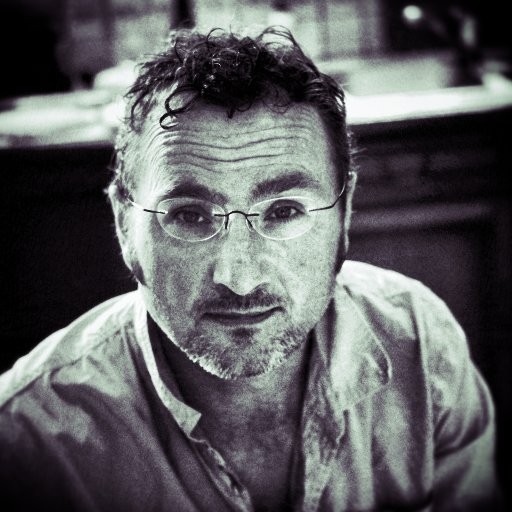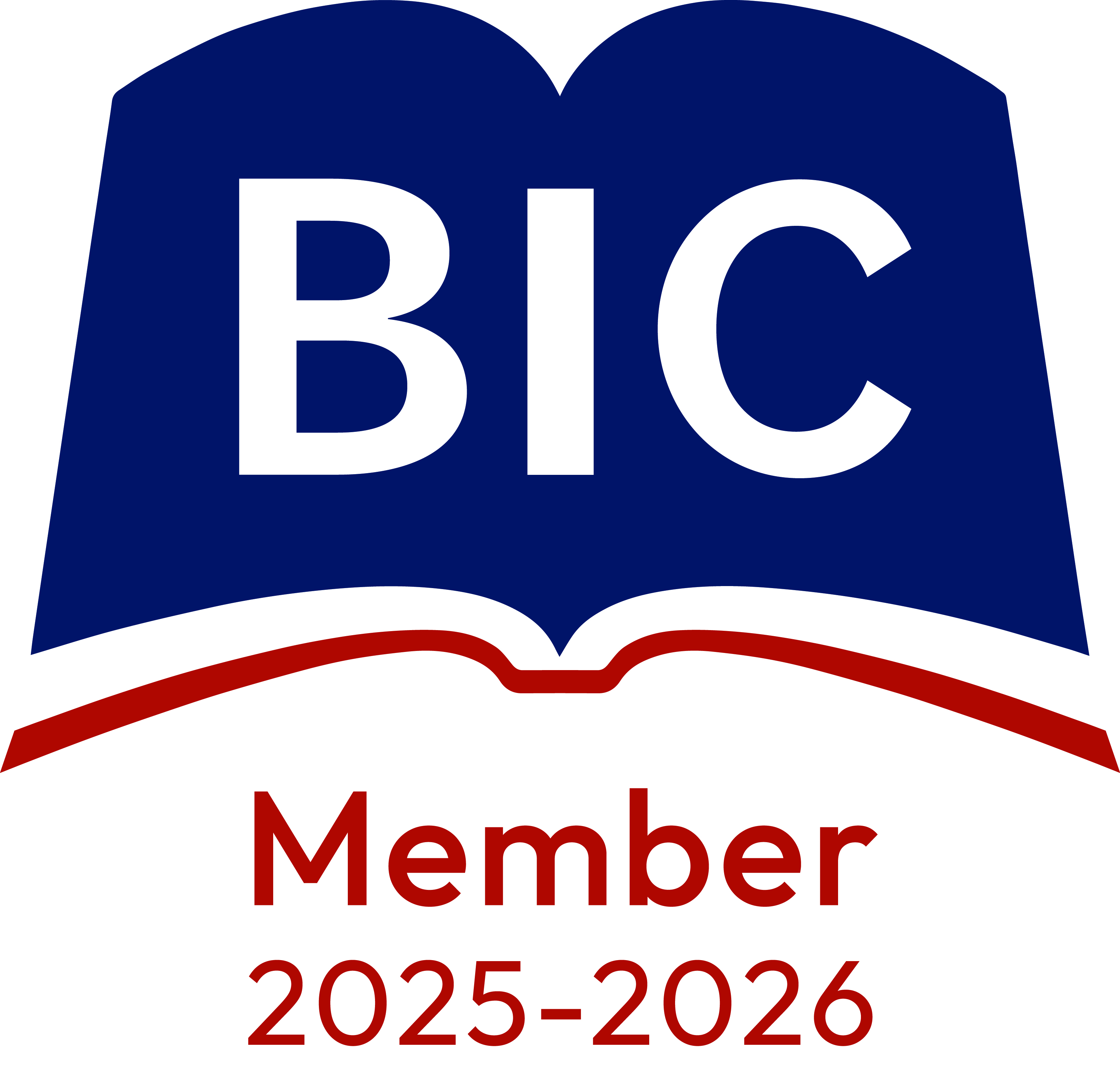Please note that we will automatically hold all schools orders from 16–20 February due to the half-term break. If your school remains open for delivery and you'd like your books delivered during that week, please let us know by calling us on 0121 666 6646 or emailing hello@peters.co.uk.
For help, advice and telephone ordering call our team on 0121 666 6646
Are you sure you wish to delete this basket?()
This action cannot be undone.
Sorry, something went wrong
Please report the problem here.
Carnegie shortlist 2020: Q&A with Anthony McGowan

March 18th 2020
Q: Congratulations on being shortlisted again for the Carnegie Medal, this time for Lark. What does being shortlisted mean to you, and why do you think the awards are so important?
Winning the Carnegie Medal is the dream of every author for children and young people, and just being shortlisted is a huge honour. Heck, being nominated and long-listed are themselves massive boosts to the fragile authorial ego! One of the reasons that awards such as the Carnegie are so important to children’s authors is that our books tend to get fewer reviews and less publicity than adult books, so prizes play an absolutely vital role in spreading the word. Two things make the Carnegie unique. First there is the history: the award has been honouring the best in children’s books for over 80 years. Being short-listed makes you feel part of that great history. Second, there is the way it is judged, with dedicated professionals, who also happen to be joyous enthusiasts, spending months in a process which is exhaustive and exhausting.
Q: Lark is the fourth and final instalment in the moving story of Nicky and Kenny, which we have followed throughout Brock, Pike and Rook. The ending is an uplifting one – we leave the two boys confident that they will be able to deal with the difficulties that life throws at them, and come out stronger. How do you feel the characters of Nicky and Kenny have developed throughout the books?
The relationship between the brothers is at the absolute heart of these stories, and I wanted to show each element - Nicky’s character, Kenny’s character, and their relationship – evolving over the course of the books. At the beginning, with their mother gone and their father in pieces, Nicky knows that the burden of keeping Kenny safe and well is on his shoulders. His own wants and needs come a poor second. But as Kenny finds his feet in the world, forming his own friendships, and as the family becomes functional again, Nicky is ‘allowed’ to have his own crises, his own teenage catastrophes. And we find that he has come to need Kenny as much, perhaps even more, than his brother needs him. By the time of Lark, although Kenny is still a young person with special needs, and Nicky has to be the ‘sensible’ one, it is Nicky who requires saving.… Lark continues their story into adulthood, and here I wanted to give them both lives that were worthwhile and happy, within the limits of realism. Over the years I’ve come to love the boys, and I couldn’t stand the thought of their end being tragic. But nor did I want a fairy-tale. I hope that the life-stories of Nicky and Kenny are uplifting, but still feel true….
Q: Lark is published by dyslexia-friendly publisher Barrington Stoke, and was written to be accessible to reluctant readers, including those with dyslexia (though it’s just as likely to appeal to fluent and enthusiastic readers as those who are struggling!) It’s great that these books are being recognised by the Carnegie Awards. How do you think authors and publishers can best appeal to reluctant readers?
Writing these books made me focus on what really matters in a story, and I think that these things apply for both reluctant and enthusiastic readers. Our business is to create believable characters, to put them in a world that feels real, and to then subject them to trials and tribulations which push them to breaking point. But unless the reader cares for the characters nothing else matters, so that is always the most important job. And the plot must emerge from the choices made by those characters, rather than being some artificial structure imposed on them. Returning to the needs of reluctant readers, I strongly feel that one thing that doesn’t help is for them to feel that they’re reading a different or somehow ‘easier’ sort of book to other readers. And so my stories are anything but easy, even if the style is relatively simple and direct. And it’s important that the books look right, and here Barrington Stoke have done a magnificent job of making all the books in the series look so great.
Q: It’s a powerful read and manages to convey strong emotion with spare, accessible prose. Do you find writing in this way a challenge?
I certainly found it a challenge to begin with. My earlier books for teenagers were very different – extravagant, dark, surreal comedies, for the most part, that tried, perhaps, a little too hard, to demonstrate the cleverness of the author, at the expense of storytelling. So I had to stop my showboating, and knuckle down to those basics mentioned above. This was principally a matter of paring back, of stripping out excess and flamboyance, leaving the bare wood, the natural grain. However once I found the voice of my narrator – a normal kid from a one-horse town in the West Yorkshire Badlands, then the process became relatively easy. By the time I wrote Lark, Nicky’s voice and mine had fused, so that writing as him was as natural as breathing.
Q: The link between humans and the natural landscape is strong again in Lark – the majority of the book takes place during a fateful trip for Nicky and Kenny out on the moors. Can you tell us a bit more about the influence of nature on your writing?
I’ve always been obsessed with the natural world, whether experienced first-hand or through books or the TV. My first great love was birdwatching, and I’m still a slightly obsessive twitcher! My part of Yorkshire – the Vale of York – is not especially rich in wildlife, but as a kid I remember cycling out to watch the mad, ecstatic flights of the larks, or the flocks of iridescent lapwings following the plough, or great mobs of rooks gathering for their evening roosts. In the books nature serves various functions. In all the books the boys interact intimately with animals and the landscape, and often the plot is fired by these interactions. But there are also deeper, symbolic meanings. In Lark, no actual larks appear, and the bird is more a symbol both of sadness for what we’ve lost, and for hope in what we might achieve. As well as the Truth of Things series, I’ve written more ‘fun’ animal adventure stories for younger children, and a certain amount of nature writing for adults, and I’d like to do more of that.
Q: What are you working on at the moment?
I’m halfway through a book about feral dogs and wolves in the area around the Chernobyl nuclear plant – so very much another ‘nature’ book. It’s Call of the Wild meets Watership Down meets Animal Farm. And I’ve just finished the first draft of another ‘realistic’ story about poverty, bullying and bike theft for Barrington Stoke – sounds grim, but for once it’s an Anthony McGowan book with an unambiguously happy ending!
Lark is available to order now.




